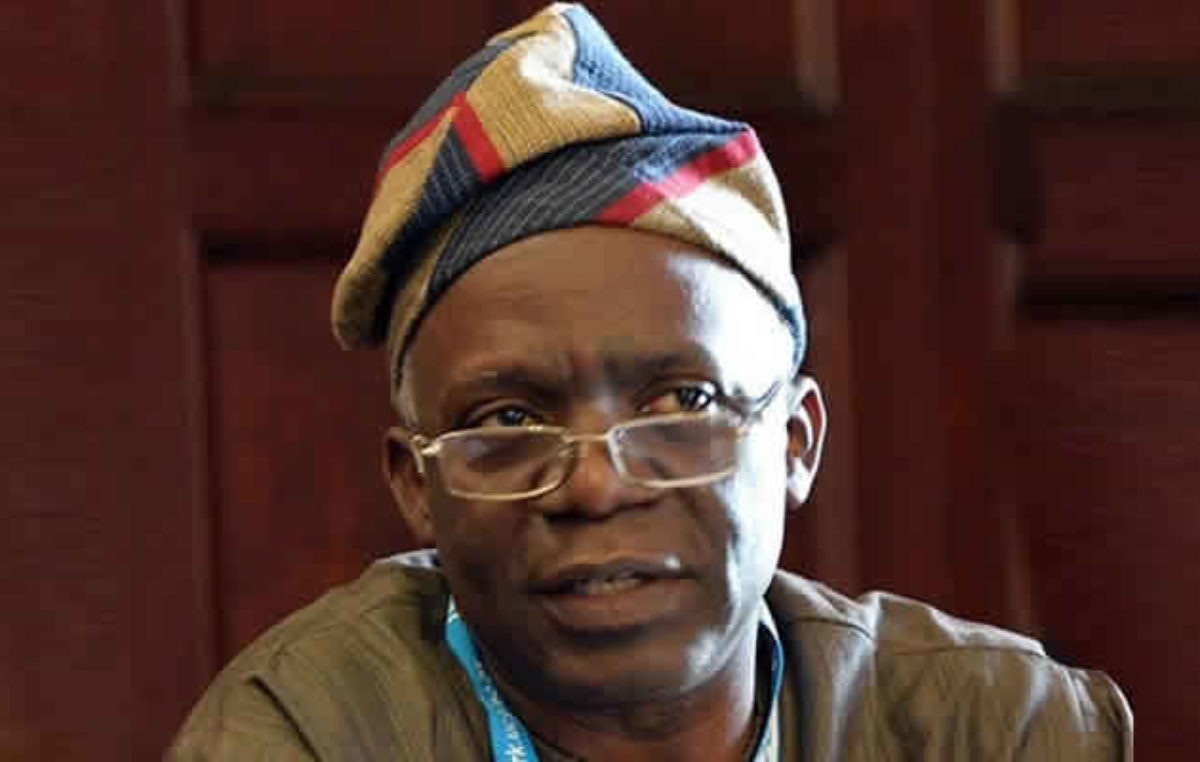Cybersecurity levy not for individuals – Falana
Human rights lawyer, Femi Falana (SAN), has stated that the recently imposed 0.5 percent cybersecurity levy is not meant for individuals. In a statement on Thursday, Falana said the Central Bank of Nigeria (CBN) circular dated May 6, 2024 wrongly interpreted the provisions of the Cybercrime (Prohibition, Prevention, etc.) Amendment Act 2024. “The CBN should […]

Human rights activist Femi Falana
Human rights lawyer, Femi Falana (SAN), has stated that the recently imposed 0.5 percent cybersecurity levy is not meant for individuals.
In a statement on Thursday, Falana said the Central Bank of Nigeria (CBN) circular dated May 6, 2024 wrongly interpreted the provisions of the Cybercrime (Prohibition, Prevention, etc.) Amendment Act 2024.
“The CBN should also apologise to Nigerians for the misleading interpretation of the clear and unambiguous provisions of the Cybercrime (Prohibition, Prevention, etc.) Amendment Act 2024,” he said.
The federal government had Pursuant to the Cybercrime (Prohibition, Prevention etc) Act 2015 amended in 2024, announced a levy of 0.5 per cent of the value of all electronic transactions and to be remitted to the National Cybersecurity Fund overseen by the Office of the National Security Adviser.
“Even though the said levy of 00.0 5 per cent is payable by the businesses listed in the second schedule to the principal Act, the Central Bank of Nigeria has wrongly directed all financial institutions to apply the levy at the point of electronic transfer origination and that the amount is to be explicitly noted in customer accounts under the description ‘Cybersecurity Levy’ and remitted by the financial institution.
“The erroneous interpretation might have arisen from the substitution of ‘businesses’ for ‘business’ in the amendment.
“For the avoidance of doubt, by virtue of section 42(a) of the Cybercrime Act 2025 as amended, the businesses which are required to pay the levy are: GSM Service providers and all telecommunications companies; Internet Service Providers; Banks and other Financial Institutions; Insurance Companies; and Nigerian Stock Exchange.”
